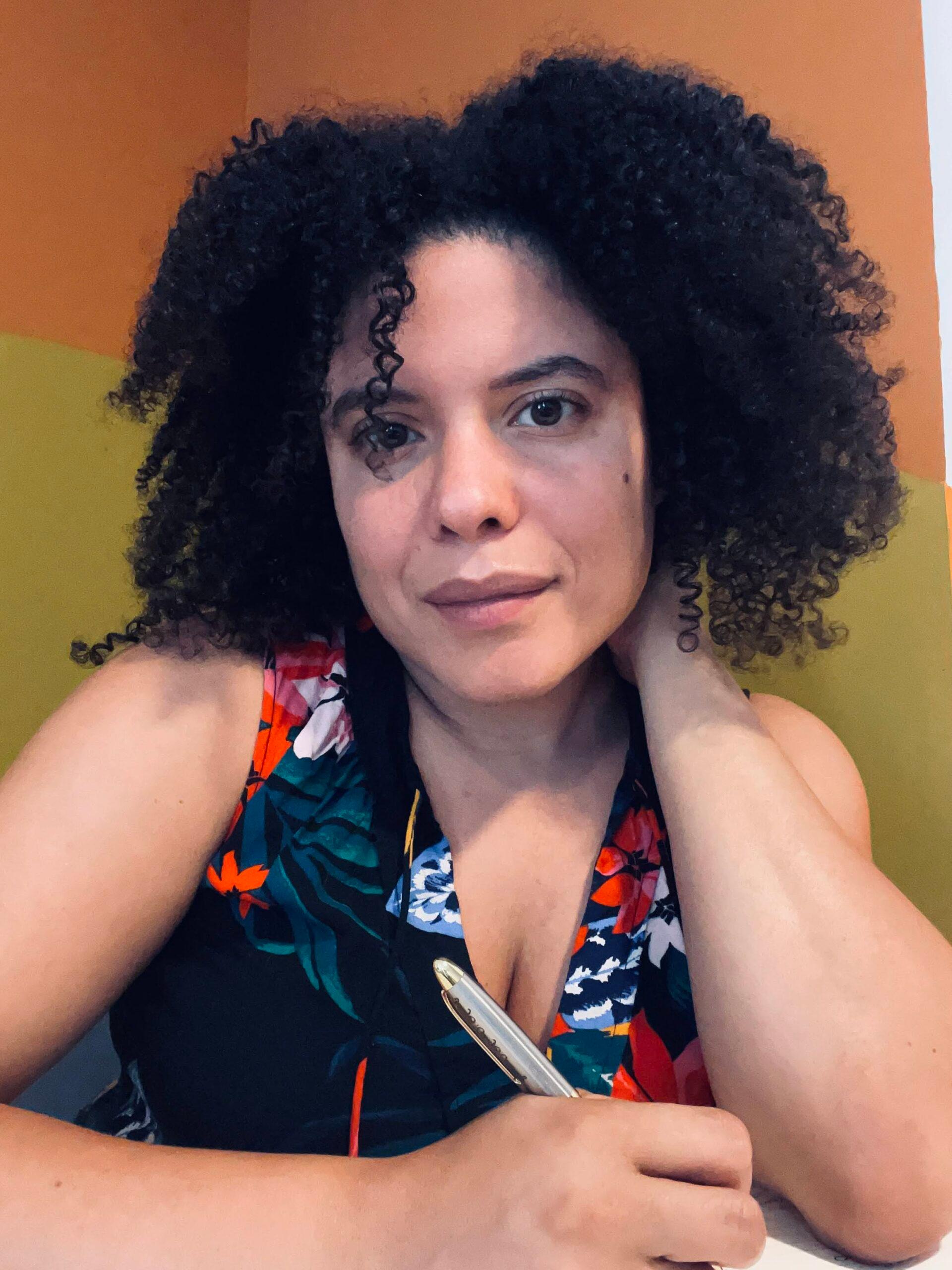Menopause Awareness Month: New Survey Reveals Impact On Workplace And Need For Support

October is Menopause Awareness Month. So let’s talk about it.
Despite being a natural part of aging, one that most women from ages 45 to 55, and sometimes earlier, will surely experience, menopause is still one of those taboo topics we just don’t talk about, particularly not in work settings. Yet, around 6,000 women in the U.S enter menopause each day, with existing data demonstrating that women going through menopause are the fastest-growing demographic in the workforce.
Menopause is defined by the end of menstruation, that is, 12 consecutive months without a period. It is preceded by perimenopause, the stage (around a woman’s mid-40s) when symptoms first begin, and is followed by post-menopause, the stage directly after menopause, which lasts for the rest of a woman’s life.

Three out of four women experience menopause symptoms. These may include hot flashes, fatigue, anxiety, insomnia, and cognitive challenges such as issues with memory recall. Yet 66% of women feel menopause is not taken seriously, and many report feeling ashamed, dismissed, or unsupported.
Not addressing this natural transition, however, comes at a cost. The British Medical Association found a strong pattern of highly experienced women leaving the workforce early due to struggles associated with menopause symptoms and the lack of support from management and/or peers.
Fortunately, a cultural shift around the stigma of menopause appears to be on the horizon. Last year, actor Halle Berry, for example, made waves by openly sharing her own menopause story and joining lawmakers on Capitol Hill to advocate for increased funding and research on the topic.
Several others have joined the conversation.
In an effort to shed light on this often overlooked life stage, OLLY, the #1 gummy supplement brand, and Carrot, a global fertility and family care platform, partnered with global market research firm Ipsos to survey 3,000 U.S. women aged 35 to 54. The goal: to better understand the effects of perimenopause and menopause on women’s lives, and identify where support is lacking.
What The Data Reveals: OLLY & Carrot Survey Findings
1. The Effects of Menopause Are Real
The vast majority of those surveyed (70%) said that menopause affects their mood or mental health, yet only a small percentage (three in ten) have sought or received support.
One-third reported experiencing three or more symptoms daily, with the most common one being hot flashes. Over half (54%) said that menopause impacted their relationship or sex life, citing reduced libido (46%) and vaginal dryness (35%). Only 11% noted increased satisfaction.
2. Support Is Lacking (Especially At Work)
Although almost half of the employed women (45%) reported that menopause affects their work performance, with nearly a quarter (23%) having considered cutting back hours as a result, workplace support has not been widespread.
Only a small percentage (11%) were even aware of any formal Human Resource benefits, and although 14% reported that their workplace did offer some form of menopause-related support, the overwhelming majority (64%) indicated that their workplace did not.
The lack of support has not gone unnoticed, with 23% believing it to be a poor reflection of their employer.

3. The Support That Is Available Is Not Enough
Twenty-two percent admitted they struggle to find trustworthy information about menopause or perimenopause. 45% cited social media as their primary source. Only 34% get their information from a medical professional. This is likely due to a lack of training: only 20% of OB/GYN residency programs offer education in menopause care, most of which is elective.
Of those who sought medical support, three in five women were acknowledged and offered options, one in five were acknowledged but not taken seriously, and another one in five were dismissed, minimized, or referred to another provider.
“These survey results reinforce how critical it is to destigmatize this life stage and ensure women have the care and understanding they deserve,” said Hanneke Willenborg, CEO of OLLY.
With nearly 20% of the workforce in some stage of menopause transition, the risks associated with inaction are significant. In addition to early retirement, employers may experience increased costs due to lost productivity and higher turnover. As such, one thing is clear: menopause support is not only a nice-to-have, it is a necessary essential.
Thankfully, companies like OLLY and Carrot are leading the way by setting a new standard for what inclusive, supportive workplaces can look like.
In 2024, OLLY became one of the first companies to introduce a comprehensive employee menopause policy, supported by Carrot. The program includes:
- Flexible hours to accommodate symptoms like insomnia.
- Access to wellness rooms and tools like desk fans for temperature regulation.
- A benefit offering through Carrot that includes a network of vetted health providers, hormone therapy, educational resources, and unlimited virtual care.
“No woman should feel alone or dismissed during perimenopause and menopause,” Hanneke continued.
“Women want and deserve better care,” added Dr. Asima Ahmad, Chief Medical Officer at Carrot.
The aim, they note, is to establish a new standard in workplace benefits, one where menopause support is viewed as essential as maternity care, empowering women to thrive through every phase of their careers and lives.






